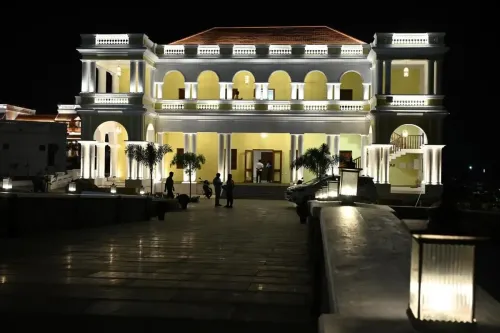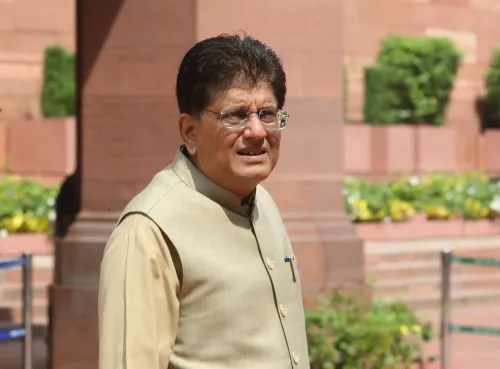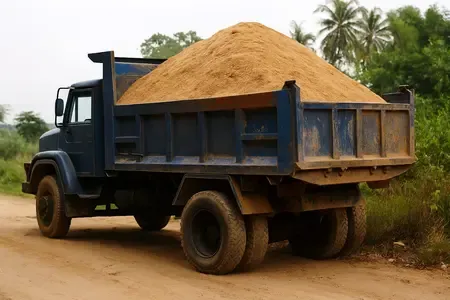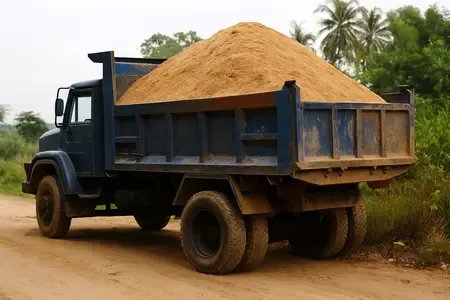What Measures is the Assam Cabinet Taking to Address Human-Elephant Conflict?
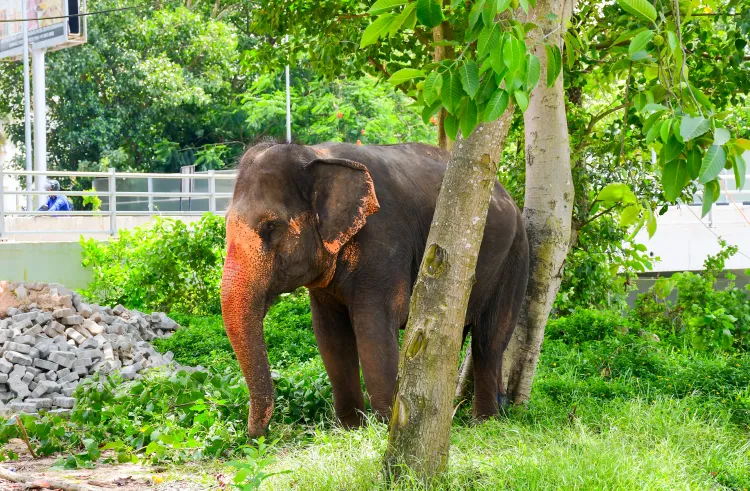
Synopsis
Key Takeaways
- Implementation of Gaja Mitra Scheme in high-risk districts.
- Formation of community-based rapid response teams.
- Increased remuneration for village heads.
- Additional stipends for Anganwadi workers and Satras.
- New SOP for timely release of deceased patients' bodies.
Guwahati, July 10 (NationPress) The Assam Cabinet, led by Chief Minister Himanta Biswa Sarma, has recently sanctioned a series of pivotal measures aimed at mitigating human-elephant conflicts, enhancing healthcare protocols, and advancing welfare initiatives for students and traditional artisans.
To combat the escalating human-elephant conflicts, the government will roll out the Gaja Mitra Scheme across eight districts identified as high-risk: Goalpara, Udalguri, Nagaon, Baksa, Sonitpur, Golaghat, Jorhat, and Biswanath. Community-based rapid response teams, each consisting of eight local members, will be established in 80 villages prone to conflict.
These teams are set to function during critical conflict periods, which align with the paddy cultivation season, to safeguard both elephant movement and local livelihoods.
A senior government official announced that the remuneration for village heads will increase from Rs 9,000 to Rs 14,000 starting October 1, 2025, reflecting their expanded roles.
In addition, Satras in Assam will be allocated a monthly stipend of Rs 1,500 in recognition of their efforts in preserving cultural heritage.
Anganwadi workers and their helpers will see a rise in their monthly earnings, receiving an additional Rs 1,500 and Rs 750, respectively, bringing their total to Rs 8,000 and Rs 4,000.
A newly established Standard Operating Procedure (SOP) mandates that private hospitals release the bodies of deceased patients within two hours of death certification, imposing penalties for non-compliance. A 24x7 helpline (104) will be available for addressing coercion-related complaints.
Additionally, Class X students preparing for the 2026 HSLC exams will benefit from a monthly assistance of Rs 300 under the Prerona Aasoni scheme through direct benefit transfer (DBT).
A senior official confirmed that indigenous bell metal manufacturers will benefit from SGST reimbursement due to a newly introduced scheme.
Furthermore, Rabindranath Tagore University will be renamed Rabindranath Thakur Vishwavidyalaya. These initiatives reflect the government’s commitment to maintaining ecological balance, enhancing social welfare, and improving administrative efficiency.


